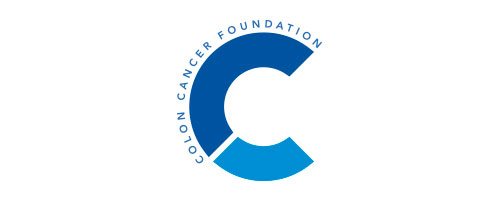Colon Cancer Screening Guidelines
When it comes to colon cancer screenings, it pays to be informed. The more information you have on it, the more well prepared you will be. You’ll also have less stress because you will know more about what to expect. Here are some helpful colon cancer screening guidelines to help familiarize yourself with the details so that you can make decisions in confidence.
Understanding Colon Cancer
When considering colon cancer screening guidelines, it’s important to understand how colon cancer works. This disease can develop along any of the 5 sections of the colon which include the transverse colon, ascending colon, descending colon, sigmoid colon, and rectum. That’s a lot of ground to cover, which is why colonoscopies are so popular as a screening method for colon cancer. Colonoscopies are arguably one of the most thorough and effective types of colon cancer screenings available.
What are the Risks?
The risk of forgoing colon cancer screenings goes up over time. By going to your screenings without fail, the risks will be much lower and you will not have to worry as much. It’s important to note that colon cancer screenings should not be looked at as a bad thing. Although it is perfectly natural to be nervous about being screened and hearing the results it’s important to remember that
Early Warning Signs to Watch Out For
In addition to going to your regular screenings, there are some early warning signs to watch out for that can help you detect colon cancer before it has a chance to dig in. One of the most visually apparent of these early warning signs is sudden and unexplained weight loss. This doesn’t mean that you have to worry about colon cancer every time you lose a pound or two. Generally, a loss of 10 pounds over a period of 6 months would warrant a thorough screening like a colonoscopy.
Alternatively, if you know that someone in your family has contracted colon cancer before, you need to tell your Doctor so that they can set up an appropriately aggressive screening schedule. Having a family member with colon cancer is one of the earliest warning signs of all and it’s one that you should take especially seriously. Don’t panic or fret, just be mindful that you’ll have to undergo colon cancer screenings much earlier and more frequently than others.
Typically it is recommended that anyone that has a family member with colon cancer should be screened before the age of 45 rather than after reaching the age of 45. This will give you a much higher chance of catching any signs of colon cancer early and nipping it in the bud before it can do any damage.
Regardless of whether your family has a history of colon cancer or not, if you are diagnosed with having a large polyp or several polyps, you should have a colonoscopy. If adenomatous polyps with a low-grade abnormality are discovered over the course of your colonoscopy it is highly recommended that you have another colonoscopy in 5 years’ time.
Additional Screening Guidelines and Things to Watch Out for
For those of you who have had colorectal surgery, you will need to have a colonoscopy 3 years from the date of your surgery and then another colonoscopy 5 years after that. This will help ensure that you won’t be in for any unwelcome surprises and will catch it early enough to defeat with ease should it ever return.
Generally the very young are not require to be screened for colon cancer unless they have something concerning in their family medical history such as familial adenomatous polyposis. It is recommended that individuals with a family history of familial adenomatous polyposis should have either an annual flexible sigmoidoscopy or a colonoscopy between the ages of 10 and 12. Given the young age of such patients, a full colonoscopy might be more risk than it’s worth in this case as sigmoidoscopies are considerably less invasive.
Finally, anyone with hereditary nonpolyposis colon cancer in their family should be screened for colon cancer by age 20-25 or 2 years before their immediate family member’s colon cancer diagnosis, whichever comes first.
When it Comes to Colon Cancer it Pays to be Aggressive
The single best weapon against colon cancer is to be aggressive about screenings and preventative medicine. Colon cancer has a bad habit of sneaking up on people which is why it’s so important to remain vigilant.
Remember, if you catch it early, you won’t have nearly as hard of a time getting rid of it and won’t have to worry about it as much. You have the power to stop colon cancer in its tracks, as long as you keep getting screened for it.


Leave a Reply
Want to join the discussion?Feel free to contribute!